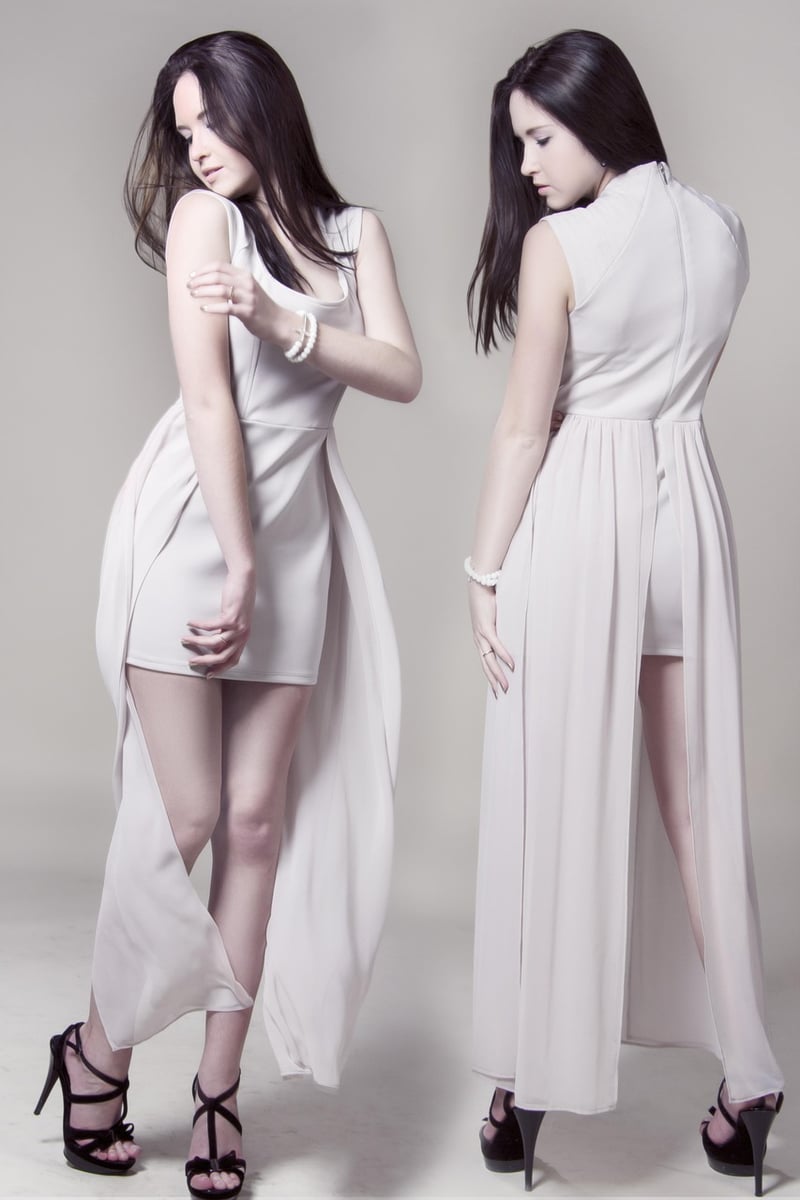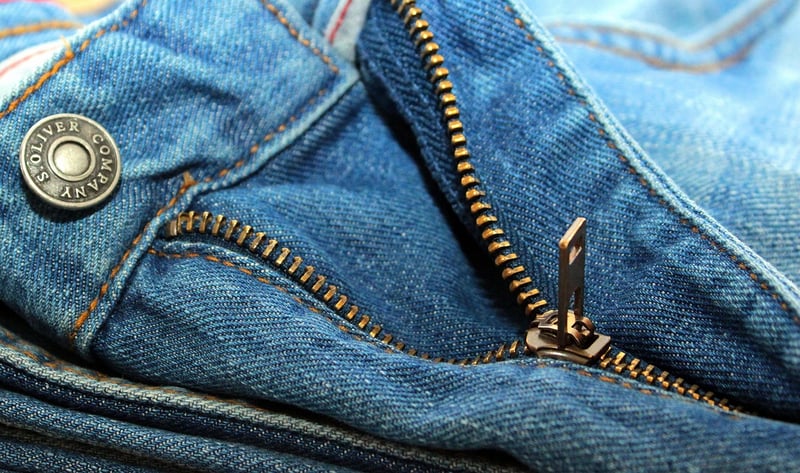Ethical Apparel Design
Fashion from Repurposed Materials: Ethical Apparel Design
In recent years, the fashion industry has seen a significant shift towards sustainability and ethical practices. One of the key trends driving this change is the use of repurposed materials in apparel design. Designers are increasingly looking for innovative ways to create fashion pieces that are not only stylish but also environmentally friendly.
Why Repurposed Materials?
Repurposed materials refer to discarded items or waste that are transformed into new products, giving them a second life. By using materials that would otherwise end up in landfills, designers reduce waste and contribute to a more sustainable fashion industry. Additionally, repurposed materials often add a unique and creative element to the designs, making them stand out in a sea of mass-produced clothing.
Examples of Repurposed Materials
Designers are getting creative with the materials they use, turning everything from old denim jeans and plastic bottles to vintage fabrics and industrial waste into fashion-forward pieces. Some popular repurposed materials include:
- Upcycled denim
- Recycled plastic bottles
- Vintage silk scarves
- Organic cotton
- Repurposed leather
The Rise of Ethical Apparel Design
Alongside the use of repurposed materials, ethical apparel design encompasses fair labor practices, transparent supply chains, and a commitment to reducing the environmental impact of the fashion industry. Consumers are increasingly demanding transparency and accountability from fashion brands, leading to a rise in ethical and sustainable fashion options.
Benefits of Ethical Apparel Design
Choosing ethically made clothing has a positive impact on the environment, workers, and communities. Some of the benefits of ethical apparel design include:
- Reduction of harmful chemicals in production
- Support for fair wages and working conditions
- Conservation of natural resources
- Promotion of artisanal crafts and traditions
By supporting brands that prioritize ethical practices, consumers can contribute to a more sustainable and socially responsible fashion industry.
Conclusion
Fashion from repurposed materials and ethical apparel design are not just trends but essential components of a more sustainable future for the fashion industry. By choosing clothing made from repurposed materials and supporting brands with ethical practices, consumers can make a positive impact on the environment and society while still looking stylish and on-trend.


References: Vogue - Fashion Shows, Business of Fashion
